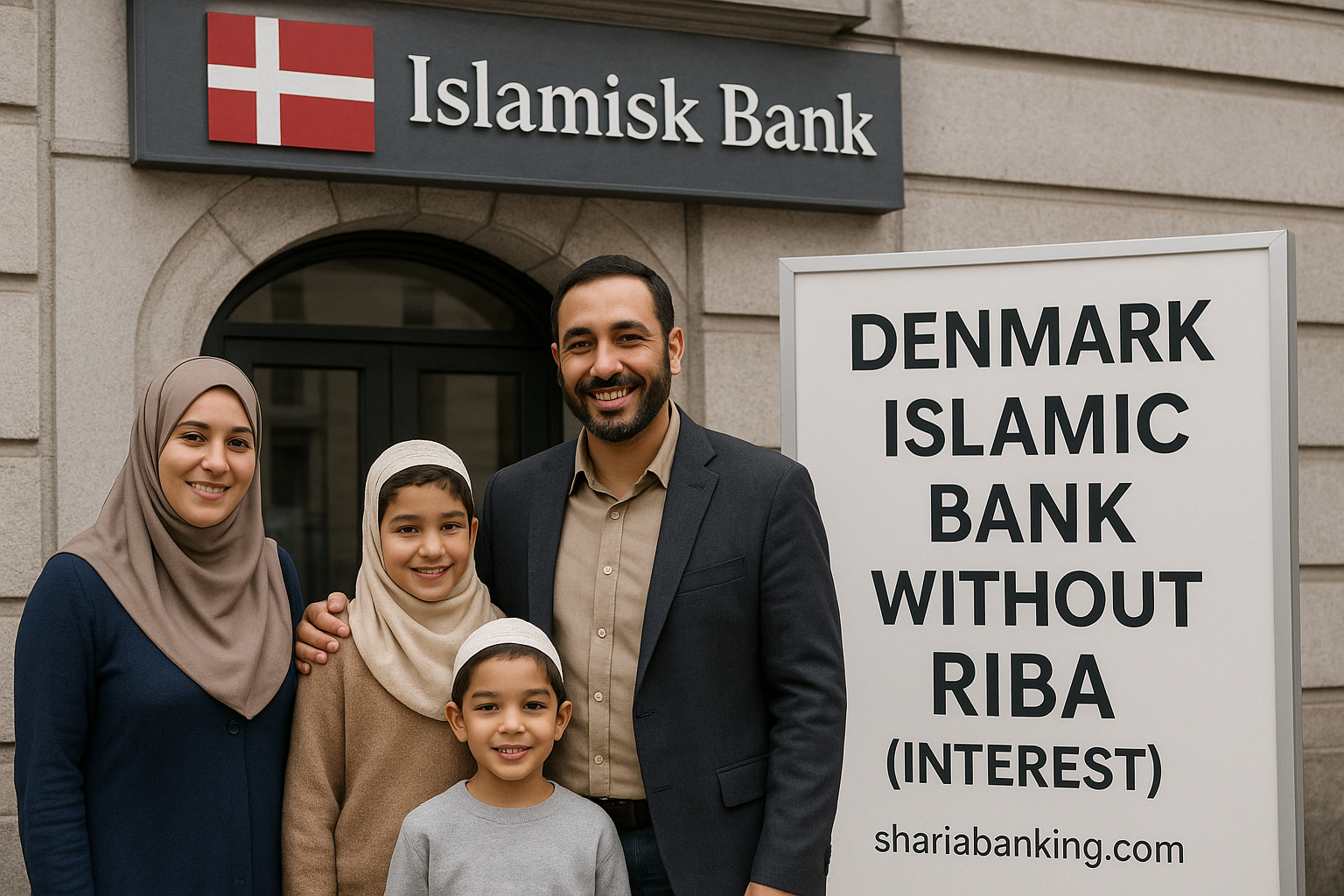
What would an Islamic Bank without interest do in Denmark ?
In Denmark, an Islamic bank without riba (interest) would be a financial institution that operates entirely under Sharia principles, offering products and services free from conventional interest-based structures.
In Denmark, an Islamic bank would also uphold broader Islamic finance principles, avoiding investment in sectors prohibited by Sharia, such as alcohol, gambling, and arms manufacturing. Its focus would be on ethical, transparent, and asset-backed transactions that link finance to the real economy.
The need for such a bank in Denmark is significant because the country has a large and growing Muslim population, estimated at over 300,000 people; many Muslims face difficulties in securing home financing or business loans without compromising their religious beliefs, as conventional mortgages and credit products are based on Riba.
Where can I find an Islamic bank in Denmark ?
In Denmark today, there are no fully-fledged Islamic banks operating. However, what once existed provides an interesting glimpse into how Islamic finance has been briefly tested in the Danish banking sector:
Historical Islamic Mortgage Initiative
In the Jutland region, around 2008, a group of local banks—including Sparekassen Farsø, Sparekassen Vendsyssel, Sparekassen Hobro, and Den Jyske Sparekasse—collaborated to offer a Sharia-compliant mortgage product known as Amanah Kredit; this innovative structure allowed the bank to retain ownership of the financed property under a 30-year lease-to-own model, aligning closely with Islamic finance principles such as shared ownership and transparency .
Present-Day Landscape
Although groundbreaking at the time, Amanah Kredit is no longer available, and no current Danish bank offers Islamic loans or mortgages. Broader research confirms that while interest in Sharia-compliant products has grown—especially among professionals and Muslim communities—implementation in Denmark remains extremely limited .